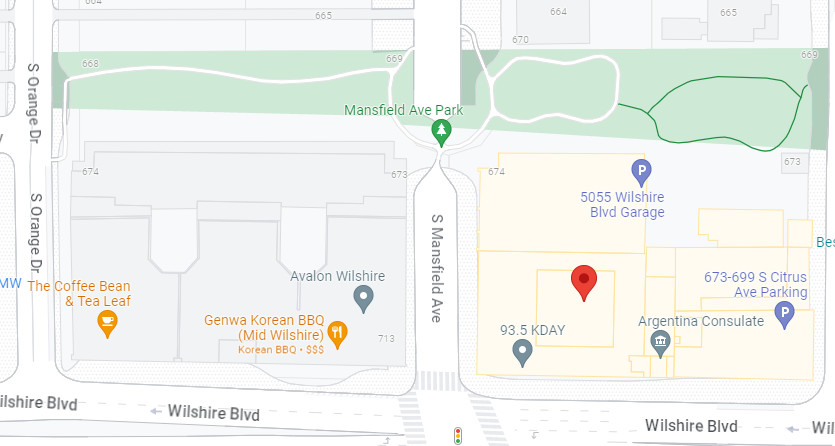Be. Well. Don’t Confuse the Common Cold with RSV
Fall and winter are peak seasons for respiratory illnesses, and many of us are familiar with how to treat these seasonal ailments. But when symptoms of so many respiratory illnesses all look the same, what are the signs that you should seek proper medical attention for something that could become more serious?
Symptom confusion is especially concerning for anyone who is more vulnerable to the potentially more serious illnesses like COVID and RSV, which seem to affect younger children, adults over 60 and the immunocompromised to a greater extent. If you belong to one of these groups or care for someone who does, you should become familiar with the serious symptoms of these illnesses and what actions you can take to keep you and your loved ones safe.
Distinguishing RSV from the Common Cold
Respiratory Syncytial Virus, or RSV, shares several symptoms with the common cold, including headache, low-grade fever, runny nose and cough. Both are also highly contagious and can be spread by inhalation, touching contaminated surfaces or being around someone who is infected. If left untreated, however, RSV can become much more severe, even requiring hospitalization, especially for young children and older adults.
There are three ways to distinguish RSV from the common cold:
- Wheezing and trouble breathing;
- Symptoms get worse instead of better over time (typically a week or so); and
- A blood test or mouth swab from your doctor that confirms you have RSV.
RSV Immunizations Recommended for Some; Others Should Take Precautions
This is the first season for which RSV immunization is available for groups at risk for severe RSV. The Centers for Disease Control and Prevention (CDC) recommend the vaccine for the following groups:
- Adults ages 60 and over should consider immunization and speak with a doctor about whether they should get RSV vaccine. Older adults, especially those with certain underlying conditions, are at greater risk of developing complications if they were to contract RSV.
- Women who are 32-36 weeks pregnant should get RSV vaccine during RSV season, which generally runs September to January, though this might vary by area.
- Babies younger than eight months who were born during or are entering their first RSV season are recommended to receive RSV antibody immunization. Mothers who have already received the vaccine during pregnancy should speak with their doctor about whether another vaccine for the baby after birth is necessary.
- Children ages 8-19 months who are entering their second RSV season are recommended to receive the RSV antibody immunization if any of the following apply:
- They have chronic lung disease from being born prematurely;
- They are severely immunocompromised;
- They have cystic fibrosis with severe disease; or
- They are American Indian or Alaska Native (who have been shown to have higher rates of RSV when compared to other U.S. children).
The DGA–Producer Health Plan covers RSV immunization for participants and their dependents, regardless of whether you belong to one of the groups recommended for the vaccine. RSV vaccine is covered under the Health Plan’s preventive care benefit, which means the co-insurance for the vaccine will be paid at 100% with no deductible when received from a network provider. If you receive RSV vaccine from a non-network provider, the Health Plan will pay the usual co-insurance amount of 60% to 70% of the Reasonable and Customary Allowed Amount for the DGA Choice and DGA Premier Choice plans, respectively, after you have met your annual deductible.
RSV vaccine is available from providers and pharmacies nationwide. To schedule an RSV vaccine at a CVS Caremark network pharmacy, go to www.cvs.com/immunizations/get-vaccinated.
Whether or not an individual has had RSV immunization, we should all take precautions to prevent the spread of RSV and other seasonal illnesses. These include washing hands frequently, disinfecting surfaces, and covering your coughs and sneezes.


